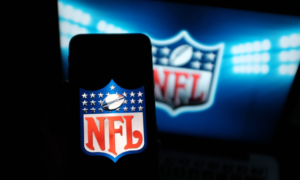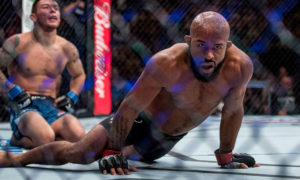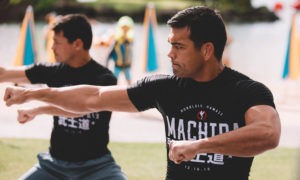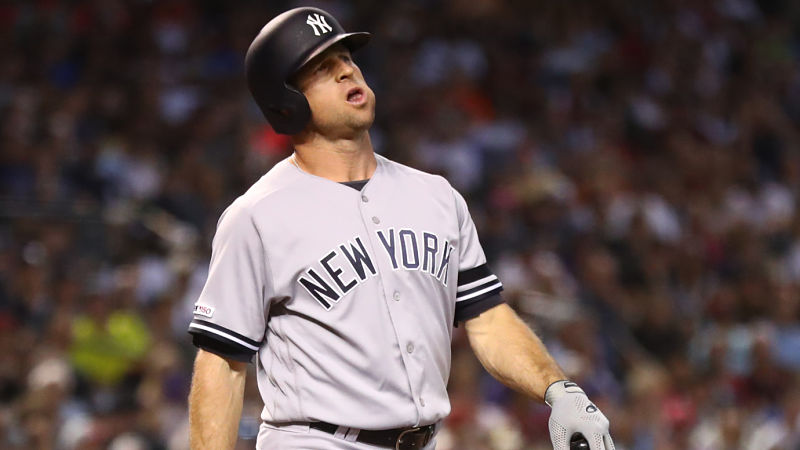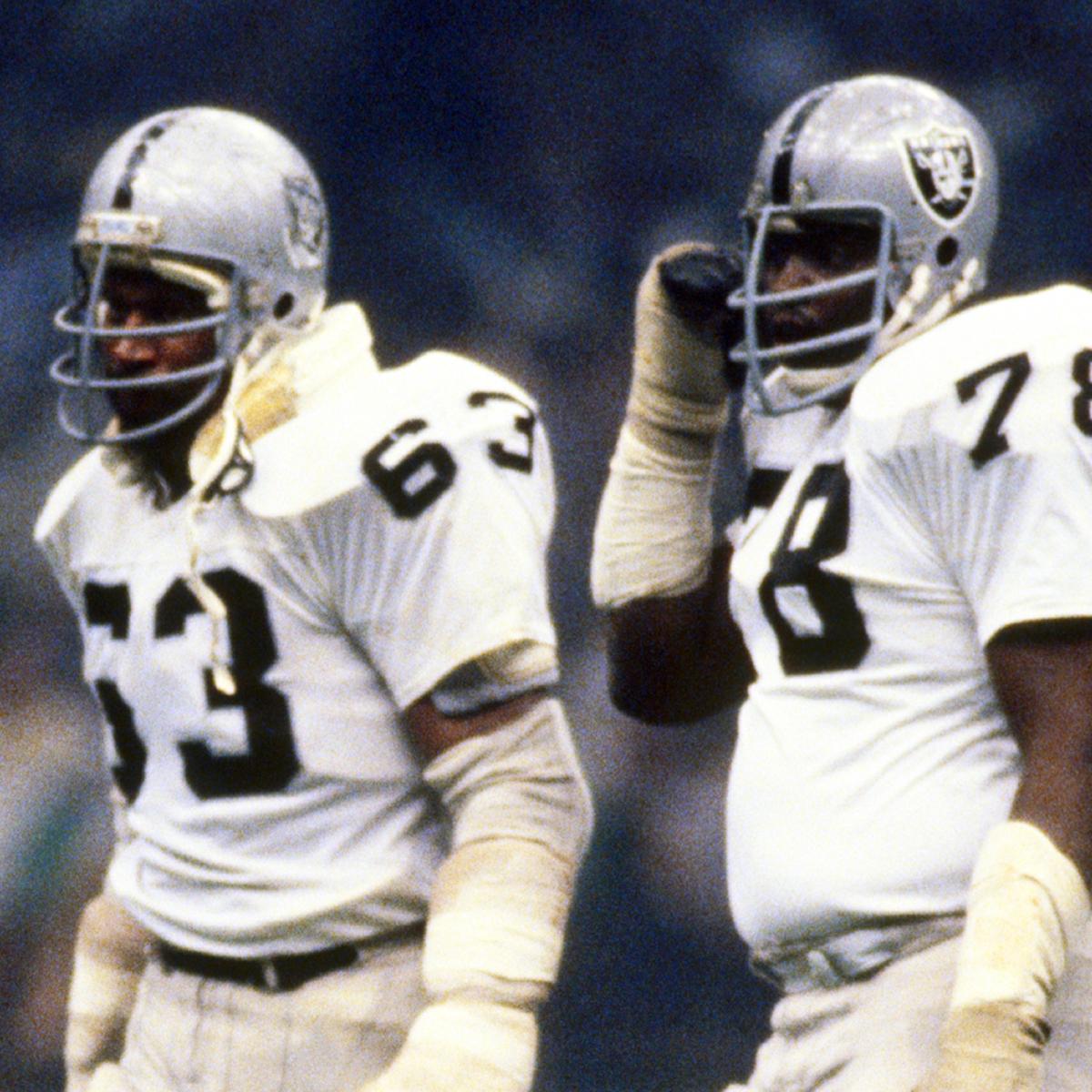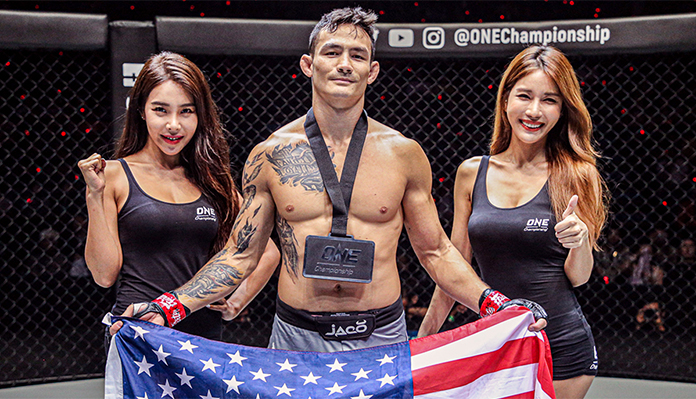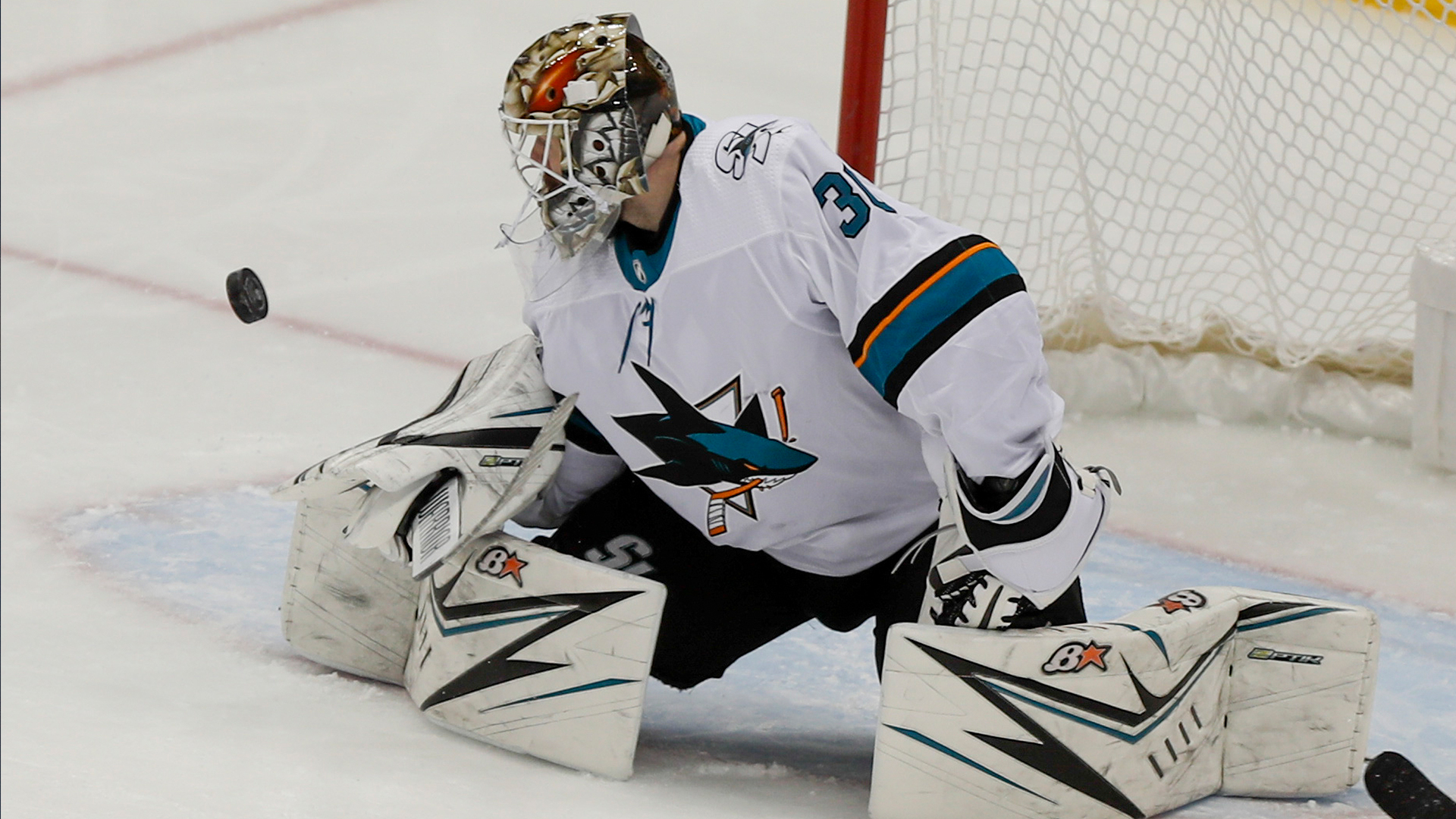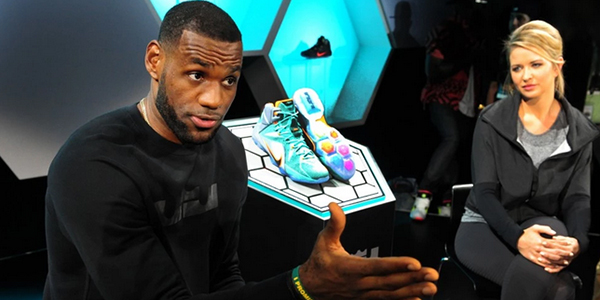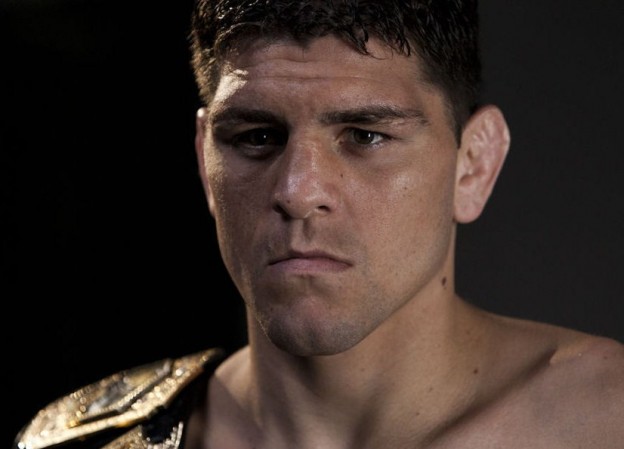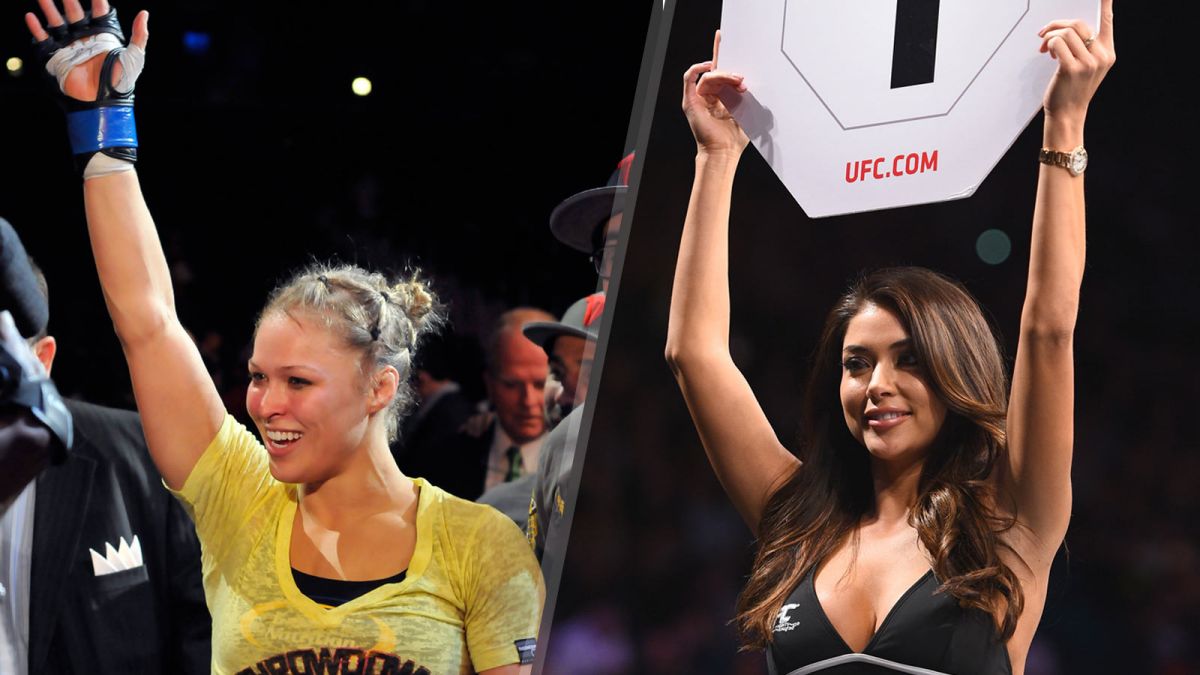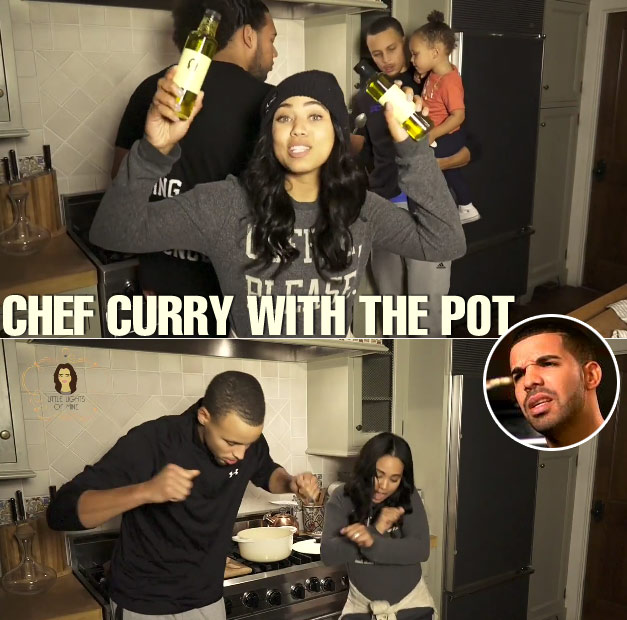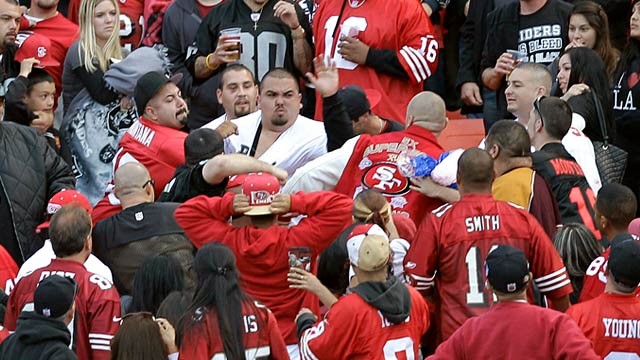Vanderbilt Commodores sophomore wing Aaron Nesmith is widely considered to be one of the best shooting prospects in the 2020 NBA draft class.
HoopsHype spoke to Nesmith about how he is preparing for his future in the NBA. We touched on his injury recovery, how his remarkable sharpshooting will translate the pros, his mentorship from NBA All-Star Khris Middleton, his interest in eventually owning a Starbucks franchise location and plenty more.
Please note that this transcription was very minorly edited for clarity.
What have you been doing over the last few months to keep your mind and body right?
Aaron Nesmith: I’m just kind of taking it day by day, doing what I need to do, doing what I’m supposed to do, in order to continue to get better and continue to prepare for the jump I’m about to make by going to the next level. I’m working out every single day, taking care of my body every single day, stretching, doing my correctives, lifting weights. I’m just making sure I keep myself accountable and keep that responsibility and working hard every single day. It’s been fun.
Obviously, you missed a lot of games during your sophomore year due to injury. Where are you feeling right now in terms of health?
AN: I am 100 percent. I’m back and I couldn’t be happier. No more scans, no more doctors. I’m back, full-go. It’s been a lot of fun. I just can’t wait to play in a game again because it’s already been so long since January. My level of competitiveness is at an all-time high. I can’t wait to go out there and play guys and fight for that win.
What are some things you learned about yourself during the process after your injury?
AN: I was able to look back at the game, look back at myself as an individual, and really watch the film of myself and really hone in on what I needed to work on, what I needed to spend this time that I had in order to improve my game from a mindset standpoint and an actual basketball standpoint.
You truly were having one of the best shooting seasons we’ve seen in a very long time before your injury. Can you walk me through what was going on in terms of how you became such an elite shooter this year?
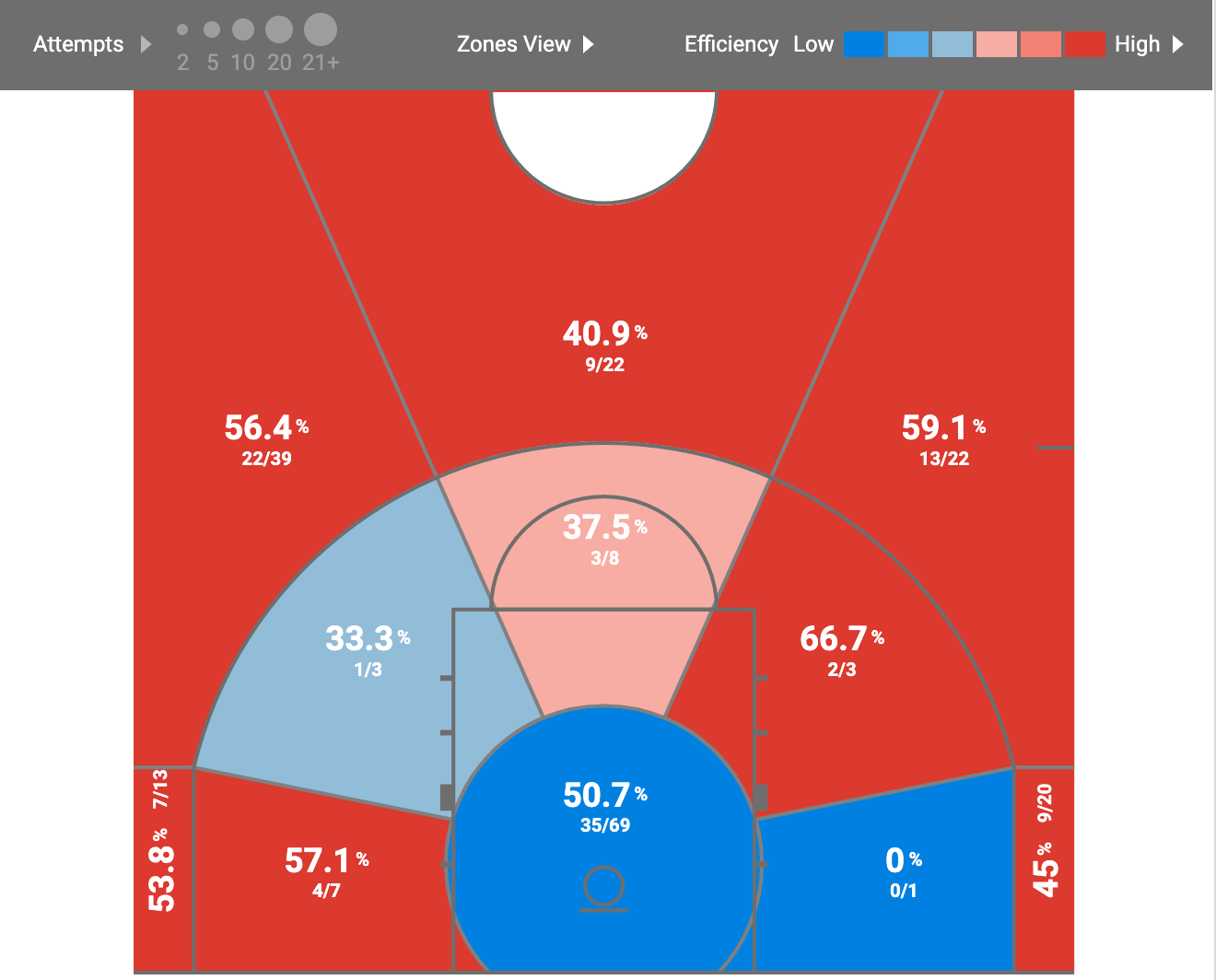
Aaron Nesmith, Shot Chart (via Synergy Sports Tech)
AN: The game slowed down for me from my freshman year to sophomore year. I was really paying attention to the details and watching a whole bunch of film. I was just able to reflect on the season that I had my freshman year, shooting 33% from beyond the arc, and then did what I needed to do to make those changes, to make the correct changes, going into my sophomore year.
Can you tell me more about the evolution of your jump shot?
AN: Shooting, in general, has always been my strong suit – whether it’s been creating my own shot or catching it. But, as the game goes on, you have to learn to fill in your role a little bit more and become more of a specialist. During college, being able to catch and shoot was one of the things I wanted to be able to hone in on and try to do the best of my ability. I accomplished that in my sophomore year by paying attention to detail, continuing to work on my footwork and my mechanics every single day, twice a day.
Shooting off screens and handoffs, especially in the NBA, is a very versatile skill. You see that with guys like Joe Harris and JJ Redick. How’ve you been able to develop your movement off the ball?
Aaron Nesmith was one of the best movement shooters this year before his injury. His ability to read the defense while running off screens allowed him to get some extra space to get shots off
Nesmith ranked in the 97th percentile in 'Off Screen' play types pic.twitter.com/gXtvDaNcY0
— Zach Milner (@ZachMilner13) April 5, 2020
AN: You named two great players who are really good at what they do. I’m always watching guys like them and Ray Allen. I’m continually studying film on them and their off-ball footwork, how they come off the off-ball screens and how they create space before running off the screen, how they trick the defender to run into the screen and just all the little nuance within the game that I picked up from watching guys like that over and over and over. I’m studying what they’re good at because they’re so good at it. Then I can take something and put it into my game. I think that contributed to the big jump from my freshman to sophomore year, absolutely honing in on guys like that who do this for a living, do it every single day, and are really good at it.
Is there anybody that you may have modeled your jump shot after or feel that it might look similar towards whether it was intentional or not?
AN: All those players that I mentioned are all really good at what they do and it’s pretty much kind of all the same thing. I try to take anything I can from an NBA-level player that can be transformed into my game. I don’t just look at catch-and-shoot guys. I also look at guys who like to come off the dribble, like Dwyane Wade and Khris Middleton. Those are guys who are able to create for themselves, too. I’m just trying to take any little thing from other people’s games and try and put it into my game to be the best player I can be.
You went to the same high school as Khris Middleton. That’s another great shooter who has a similar type of role in the NBA that you could have. Have you had a chance to talk with him or meet up with him at any point?
In this article, I explain why Vanderbilt's Aaron Nesmith might be following in NBA All-Star Khris Middleton's footsteps.
— Matt Babcock (@MattBabcock11) February 18, 2020
AN: He’s been a big-time mentor for me. Back when I was in high school, whenever he’d come back in the summers, I’d have the opportunity to work out with him. He’d give me tips and tricks, anything he had to help me with my game. Now he’s always just a phone call away.
Speaking of mentors, what were some of the big things you picked up while playing under Vanderbilt head coach and former NBA All-Star Jerry Stackhouse?
While researching my story on NBA prospect Aaron Nesmith, I called @VandyMBB head coach @jerrystackhouse. The two-time NBA All-Star gave me some excellent insight on the sharpshooting wing. Thank you so much for your time, coach Stack!https://t.co/Ibf3Inr3yb #AnchorDown
— Bryan Kalbrosky (@BryanKalbrosky) November 10, 2020
AN: I would say probably the biggest thing I picked up from him was his mindset: the way he approached the game of basketball on and off the floor, the professionalism that he practiced that he kind of instilled into me from the first day that I met him. It was a dream come true to have him coach me. I learned so much just from being around him and just watching his approach, even as a coach. That was so influential in my development.
What has he told you about what he’s seen with your development?
AN: I would say leadership for sure. He has seen that development from the first moment we started practicing, just seeing how much I improved in the aspect of my game as the season went along. He saw my willingness to play defense and how much I’m willing to learn and be like a sponge and get better on that end of the floor. He saw me dedicated to trying to do that to the best of my ability while also doing what I need to do on the offensive end.
Moving forward, we have seen how shooting has evolved in the NBA. How much do you think it will help to come into the league now, with value on shooting at a premium?
AN: Shooting is at an all-time high right now. Twenty years ago, that wasn’t necessarily the case. But guys like Stephen Curry completely changed the game in a way that the NBA is heading toward a lot more teams being fast-paced and a lot more teams are putting up a lot more threes. That definitely benefits me because that’s what I do and that’s my best attribute: spreading the floor and creating room for others. It is definitely a big help to me.
On the topic of pace, you were a fairly good ballhandler in transition You were very efficient finishing on both the left and the right wings. How will playing fast help adjust to the NBA level?
AN: I always get it and go. Back in high school, that’s something we used to do all the time. Being the wing, off the rebound, you try to sprint as fast as you can down the sidelines to get the ball and make a play. If it’s not there, pull it back out and run with the offense. I always have that mindset of just attacking and doing everything I can for every single possession.
Coaches often talk about being a star in your role. What would you call your role in college? What do you see your role being in the NBA?
AN: In college, it was really being the leader for the guys on my team, holding everybody accountable while holding myself accountable. I was leading by example and making sure every single time I came in, I worked as hard as I could and tried to instill that to the rest of my team. Going into the NBA, my role could be a plethora of things. Whatever the coach needs me to do, it’s going to translate into winning games. I’ll do that without hesitation. I have no idea what my role will be or could be but I know I’m going to do it to the best of my ability to help win games.
What’s your best skill you’ll be able to provide NBA teams beyond your shooting?
AN: It is definitely on the defensive end. I’m strong. My size, my length, my athleticism. I can guard the four on most teams, and maybe even one through five on teams that like to play small ball. I’m willing to play defense and not let somebody get the best of me. I dive for loose balls and I’m a pest and a guy who’ll do the dirty work, which will be a good attribute for whatever team I play for.
What did you differently as a sophomore to double your steals per game from your freshman year?
AN: I was just playing in the flow of the defense and the scheme that Coach Stackhouse had in place. We had a hard scheme that we drilled every single day and every single game. We watched a whole lot of film on it. I knew how my teammates were going to defend and where they were going force the player to be so I knew where I could pick my spots and pick the passes off.
How would you rank your competitiveness compared to people you know and people you play against?
AN: I think that’s also a thing that separates good players from great players. It doesn’t just stop at basketball, it’s really in every aspect of life. You look at a guy like Kobe Bryant and a guy like Michael Jordan. They are both so competitive with everything they do. Those are the two guys whose mindset I like to study and who I like to watch. I watched a lot of Kobe Bryant’s Detail. I think competitiveness is a huge attribute for a player.
What are some of the things you’ve picked up from teams that they like about your game? Anything in particular that you’ve been proud to hear when they talk to you about what they’ve seen from your film?
AN: It’s no secret, my ability to shoot the ball, my ability to create space for the creators of the offense. That makes life easier for them.
What are some of the other things that you like to when you’re not playing basketball?
AN: I like to fish and I like to play pool. I’ve played since I was a freshman in high school. I’m pretty good. I’m not a master by any means. I’d say I’m pretty good. I love cards, I’m a big card game guy. I like dominoes, poker.
I’ve been told that you want to own a Starbucks one day. Why Starbucks? Why is franchising in general interesting to you?
AN: I don’t really drink Starbucks at all. But coming from a business standpoint, I’ve never seen a Starbucks do badly. Anywhere I’ve been, if I see a Starbucks, it’s always popping. It doesn’t seem like it would be a bad business investment to maybe one day own a Starbucks.
I’ve also learned that Bill Gates is an icon of yours. What is it about Bill Gates that stands out for you?
AN: He’s been so successful in life from a business standpoint. He’s one of the most successful business people ever. I would love to pick his brain and see how he got there, what he did to get there. I want to learn more and learn the details because paying attention to the details is something that people take for granted.
We talked about the potential business opportunities and some of the things on the court. But is there anything in particular that stands out that you’re hoping to accomplish over the next however many years in the NBA?
AN: Winning a championship, obviously, is the number one goal. I played on a pretty good high school team, so we won three state championships. Then I went to Vandy and didn’t have successful team records throughout my two years. But just trying to fight for that championship and get that feeling of being No. 1 again is something I want again. I want to reach that goal.
Is there anything else that you think is important for teams and fans to know to show you’re the real deal and ready to take it to the next level?
AN: I want to be a really good defender and a good teammate going forward. I want to try and do whatever I can to help my team win. That’s my main focus: winning. Whatever team I play for just hopefully bringing that trophy back to the city, back to the town and hoisting it up on the party bus after the game.
——————-


